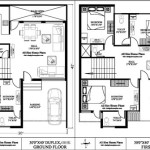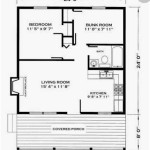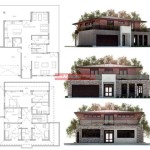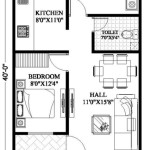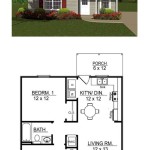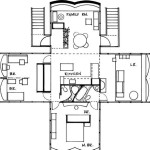Essential Aspects of House Drawings and Plans
House drawings and plans are crucial blueprints that guide the construction and design of your dream home. They serve as a visual representation of your ideas and ensure that the finished product aligns with your vision. Understanding the essential aspects of these drawings is vital for a successful building project.
Types of House Drawings
There are several types of house drawings, each serving a specific purpose:
- Site Plan: Depicts the overall layout of the house on the property, including its orientation, setbacks, and relationship to surrounding structures.
- Floor Plan: Shows the layout of each floor, indicating room sizes, doors, windows, stairs, and fixtures.
- Elevation Drawings: Display the external appearance of the house from different sides, including the front, back, and side elevations.
- Section Drawings: Cut through the house vertically or horizontally, revealing the interior structure, materials, and heights.
- Detail Drawings: Provide close-up views of specific elements, such as windows, doors, cabinetry, or structural details.
Understanding the Symbols and Conventions
House drawings use a standardized set of symbols and conventions to convey information clearly. These symbols represent different elements of the building, such as:
- Walls: Solid or dashed lines
- Doors: Rectangles with a line inside
- Windows: Rectangles with two or more lines inside
- Stairs: Zigzag lines
- Fixtures: Circles, squares, or triangles
Importance of Scale and Dimensions
Drawings are drawn to scale, meaning the size of the drawings corresponds to the actual size of the building. This allows for accurate measurements and ensures that the finished home matches the plans. Dimensions are also clearly indicated on the drawings, providing precise measurements for construction.
Codes and Regulations
House drawings must comply with local building codes and regulations. These codes establish minimum safety and quality standards for construction. Architects and engineers are responsible for ensuring that the drawings meet these requirements, which may include:
- Structural stability
- Fire safety
- Energy efficiency
- Accessibility
Reviewing and Approving Drawings
Before construction begins, it is essential to review and approve the house drawings carefully. This involves checking for accuracy, completeness, and compliance with codes. Make sure you understand the plans and can visualize the finished product. If you have any concerns or questions, seek clarification from the architect or draftsperson.
Conclusion
House drawings and plans are indispensable tools for constructing a home that meets your needs and aspirations. Understanding the different types of drawings, symbols, conventions, scale, dimensions, and codes is crucial for ensuring a successful building process. By reviewing and approving the plans thoroughly, you can avoid costly mistakes and realize your dream home exactly as you envision it.

Floor Plans Learn How To Design And Plan

Floor Plans Types Symbols Examples

Where You Can Buy House Plans Live Home 3d

House Plan Drawing Everything You Need To Know

Small House Plans Popular Designs Layouts

Floor Plans Types Symbols Examples

Floor Plan Wikipedia

How To Draw A Floor Plan By Hand Step Guide

Diffe Types Of House Plan Drawings

3 Bedroom House Plans Design With Modern Look For All Budget

